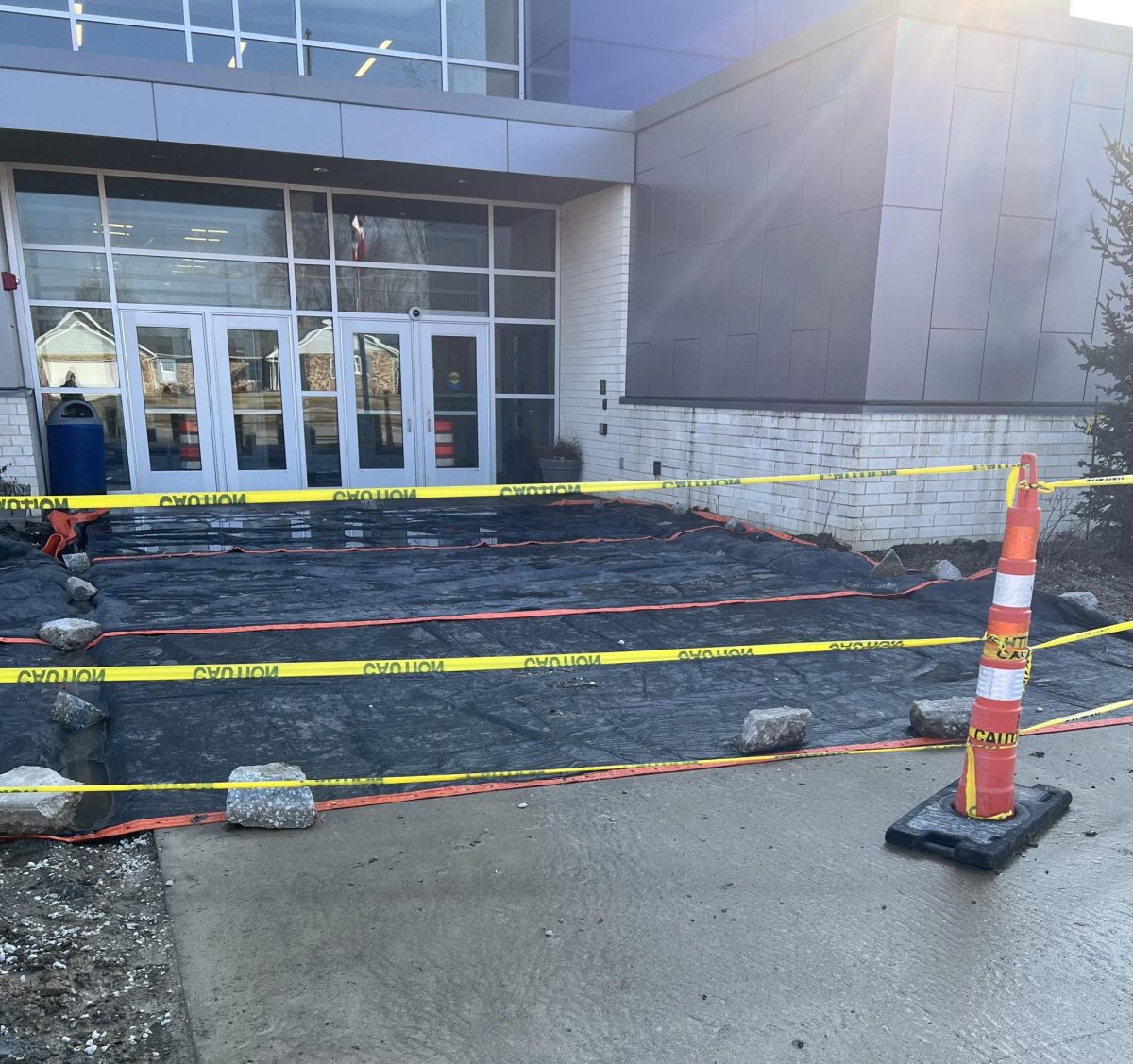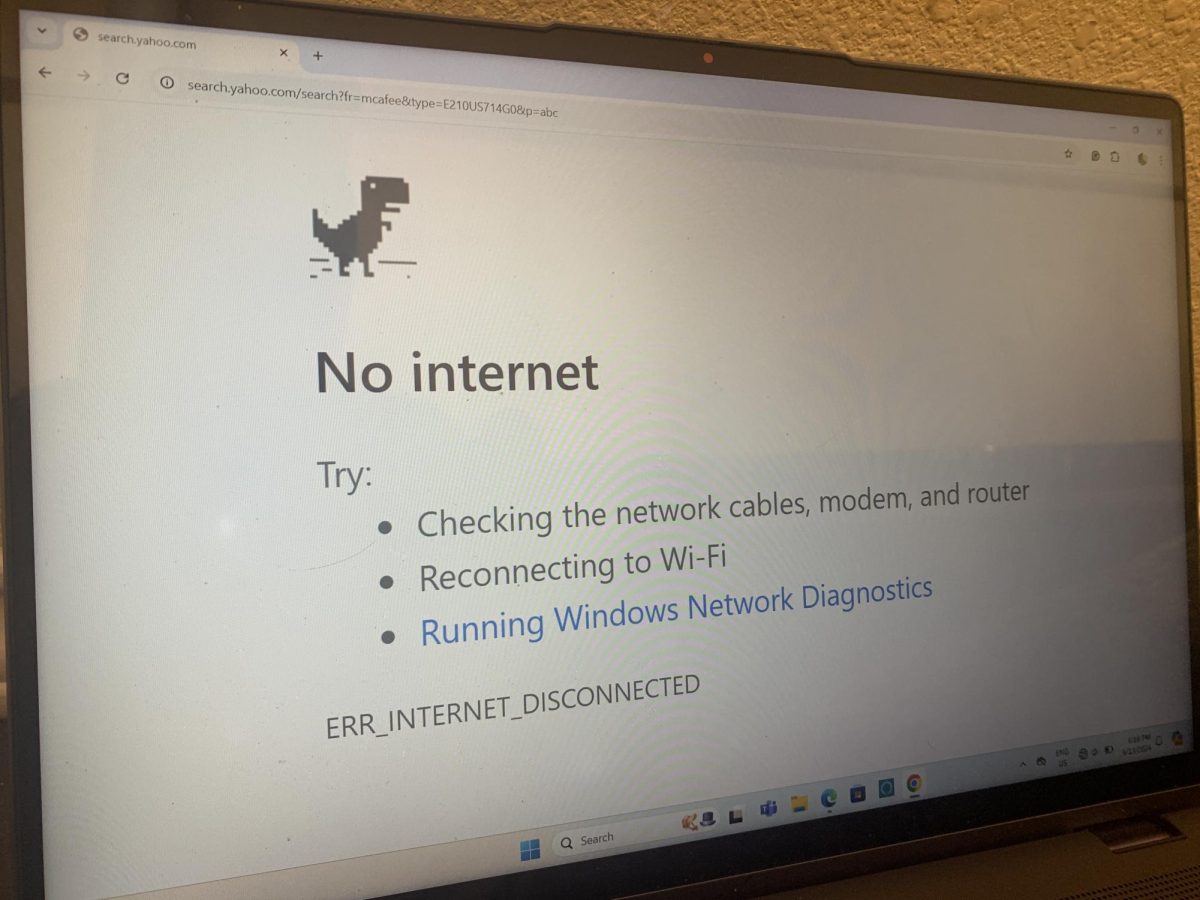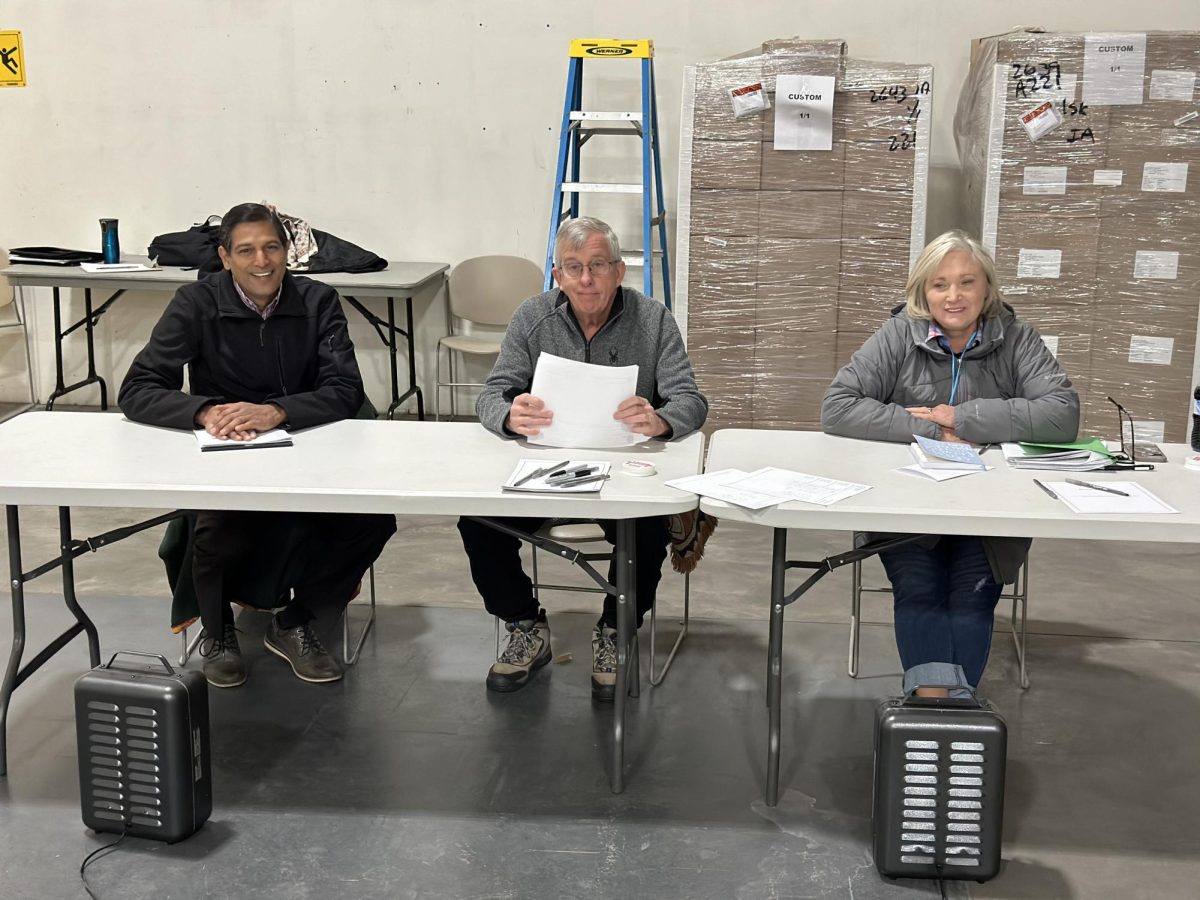
Oil prices have collapsed after a breakdown in Russo-Saudi production agreements. Saudi Arabia and Russia have both announced increases in production after a failure to agree on mutual production cuts. The resulting price war has shocked the global economy and seriously destabilized the market.
Experts say Russia, who instigated the crash after disagreements with the Saudis over proposed production cuts, is attempting to undercut the American shale market. The Saudis, now with no incentive to withhold their oil, are attempting to flood the market with oil in order to drive prices below the Russian or American ability to profit.
The production surge is already affecting Americans: An oil company CEO predicted a 20 percent drop in U.S. crude production for the rest of the year as companies attempt to focus on maintaining assets and lay off workers. A production cut would help reduce losses as well as slightly tempering the global oil glut. Another bright spot comes from Iran, who Reuters reports as being forced to shut down a quarter of its rigs in the wake of continued U.S. economic sanctions and a severe outbreak of the coronavirus.
However, it is unlikely that American and Russian companies can effectively compete long-term with Saudi Aramco, the state-owned oil giant. Saudi Arabia possesses the largest oil reserves in the world, and has higher profitability margins and a greater amount of control over global prices than its Western counterparts.
But why are Putin and Crown Prince Mohammed bin Salman willing to create unprofitable market conditions? Each nation is vying for a greater percentage of what is called market share, or the percentage of global production and reserves each party controls. As smaller, privately owned companies are forced into bankruptcy or debt management, oil production will decrease, driving prices above the pre-crash level. The remaining parties are thus left with a greater percentage of and control over world production, giving them greater potential for long-term profit.
This strategy is less than an exact science-an unexpected decrease in global demand caused a 2014 fall of oil from over $100 to around $50 a barrel. That drop drastically reduced Saudi profitability as global production remained relatively constant. Other countries suffered as well: Canada’s oil industry is still recovering.
The crash also has direct effects on the everyday American, not just oil companies. News of the production increase caused the Dow Jones Industrial Average to have its worst day since the 2008 Recession. This comes on the heels of another disastrous week for stocks, meaning stock owners have had any previous gains erased. The S&P 500 is more than 15% below its value at this time last year, and the one-two punch of the supply increase and reduced demand from the coronavirus has sparked feas of a global recession.
However, consumers have much better news: Low oil prices translate into reduced gas prices. The government-run Energy Information Administration forecasts an April gasoline price drop of around 20 cents from current levels, and predicts retail prices at or below the current average through at least August if high production continues. Should schools and businesses remain open throughout that time, drivers stand to benefit from a cheaper commute through the summer.
All things considered, the oil market’s volatility combined with the escalating coronavirus threat will have massive ripple effects on the U.S. and world economy as a whole. A sustained price drop could in the worst case cause a recession; layoffs at American companies are already expected. In the meantime, expect the stock market to remain volatile and gas prices to remain low.














